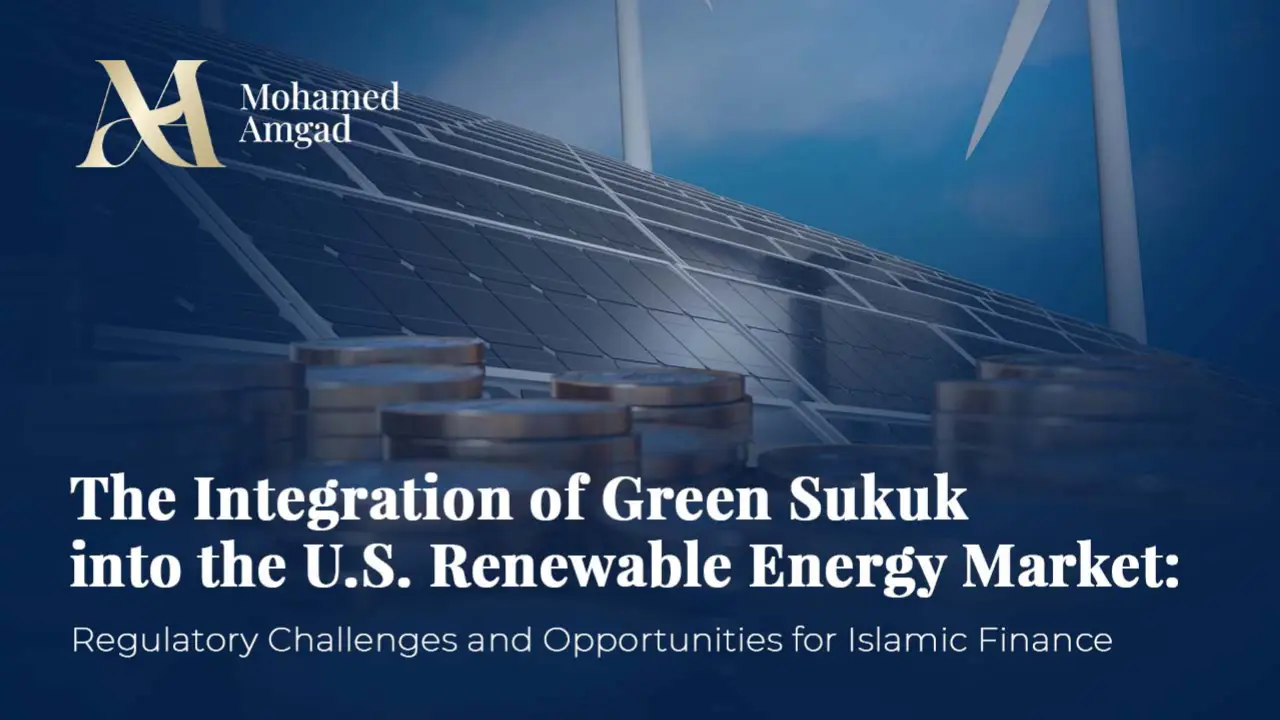The Rise of Green Sukuk in the UAE: How Islamic Finance Is Powering a Sustainable Future
The United Arab Emirates has long been a pioneer of innovation — from futuristic cities to renewable energy leadership. But one of its most groundbreaking achievements is happening quietly in the world of finance: the rise of Green Sukuk.
Green Sukuk are transforming how projects are funded, enabling investors to support environmentally sustainable and Shariah-compliant initiatives. As the UAE moves toward its Net Zero by 2050 goal, Green Sukuk provide a way to align economic growth with environmental responsibility.
Understanding Green Sukuk
What Are Sukuk and How Do They Differ from Bonds?
Sukuk are often described as “Islamic bonds,” but they operate differently. Instead of charging or paying interest (which is prohibited in Islam), Sukuk represent ownership in a tangible asset or project, and returns are generated through shared profit, not debt.
The Concept of “Green” in Green Sukuk
A Green Sukuk channels investor funds exclusively into eco-friendly projects — renewable energy, sustainable transport, waste management, or green buildings. They blend faith-based finance with environmental ethics, making them a natural fit for ESG-driven economies.
Global Evolution of Green Sukuk
Since the first Green Sukuk issuance in Malaysia (2017), the market has expanded rapidly. The UAE quickly followed, establishing itself as a regional hub for Islamic green finance.
Why Green Sukuk Matter for the UAE
Aligning with UAE Vision 2050 and COP28 Goals
The UAE’s Net Zero by 2050 strategy and leadership at COP28 underscore its commitment to sustainability. Green Sukuk directly finance renewable energy and climate projects that support this vision, such as solar farms, desalination plants, and smart infrastructure.
Financing Renewable Energy and Eco-Projects
Green Sukuk attract investors seeking ethical and sustainable returns. For example, UAE-based issuances have helped fund Masdar’s clean energy projects, promoting both environmental and economic sustainability.
Islamic Finance as a Bridge Between Profit and Planet
By merging Islamic finance principles with environmental goals, Green Sukuk redefine investment ethics — showing that profit and sustainability can coexist harmoniously.
How Green Sukuk Work: Structure and Principles
Shariah-Compliant Investment Mechanisms
Green Sukuk are issued under Shariah law, ensuring all investments avoid interest (riba), excessive uncertainty (gharar), and unethical industries.
Certification and Green Project Selection
Projects financed through Green Sukuk undergo rigorous third-party certification to ensure alignment with international green standards such as the Green Bond Principles (GBP) and the Climate Bonds Standard (CBS).
Transparency, Reporting, and Accountability
To maintain investor confidence, issuers must publish annual impact reports detailing the use of funds and measurable environmental benefits — such as reduced carbon emissions or increased renewable capacity.
The Growth of Green Sukuk in the UAE
Early Adopters and Landmark Issuances
The UAE’s Dubai Islamic Bank and First Abu Dhabi Bank (FAB) are among the pioneers in issuing Green Sukuk. Their issuances have funded projects across energy, transportation, and construction sectors.
Key Players: Government, Banks, and Investors
Public institutions, private banks, and sovereign funds all play roles. The Dubai Financial Market has even introduced sustainable finance frameworks to encourage more issuances.
Market Trends and UAE’s Position in Global Rankings
By 2024, the UAE ranked among the top 10 global issuers of Green Sukuk, signaling a growing appetite among both institutional and ethical investors.
Challenges Facing Green Sukuk Development
Lack of Standardization and Market Awareness
One challenge is the absence of uniform green standards across jurisdictions. This can cause uncertainty for investors seeking consistent environmental benchmarks.
Regulatory Barriers and Compliance Costs
Green Sukuk require dual-layer approval — both from Shariah boards and environmental certifiers — which can increase issuance costs.
Greenwashing Concerns and Investor Confidence
Without proper transparency, there’s a risk of greenwashing — projects marketed as “green” without measurable impact. Strong regulation is essential to protect market credibility.
Opportunities for Growth and Innovation
Policy Support and Regulatory Frameworks
The UAE is developing Sustainable Finance Frameworks through its central bank and securities authorities. These aim to standardize practices and attract more green investors.
Digital Sukuk and Blockchain Integration
Blockchain technology can enhance the transparency and traceability of Green Sukuk, ensuring investors can track the real environmental outcomes of their investments.
Cross-Border Green Finance Partnerships
Collaborations with Malaysia, Indonesia, and international institutions like the Islamic Development Bank (IsDB) can help the UAE scale Green Sukuk to a global audience.
Lessons from Dr. Mohamed Amgad Mousa’s Research
Integrating Sustainability with Islamic Principles
Dr. Mousa emphasizes that Green Sukuk are not just a financial instrument — they represent a new moral and economic paradigm. They integrate environmental ethics with Shariah principles, bridging faith and sustainability.
Encouraging Ethical Investments for Future Generations
The research advocates for financial education, investor awareness, and government incentives to promote long-term participation in sustainable Islamic finance.
Conclusion: Green Sukuk as the Future of Islamic Finance
Green Sukuk represent more than just an investment trend — they’re a symbol of responsible growth. The UAE’s leadership in this field proves that Islamic finance can champion both economic prosperity and environmental stewardship.
As the world accelerates toward sustainable development, Green Sukuk will stand as a global model for ethical, inclusive finance — rooted in faith and driven by the future.
- Date: October 13, 2025
- Categories: Links
- Download PDF PDF

